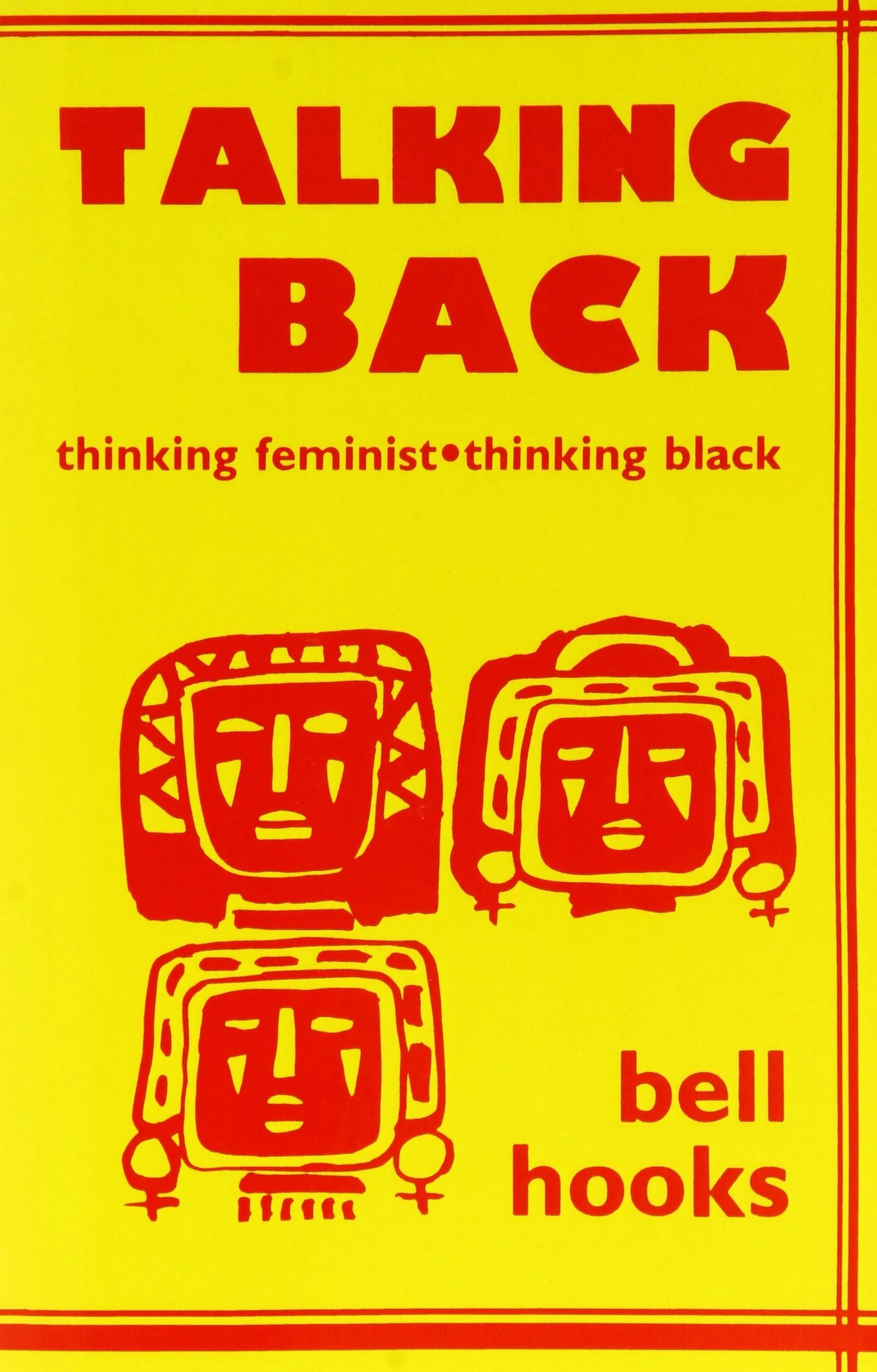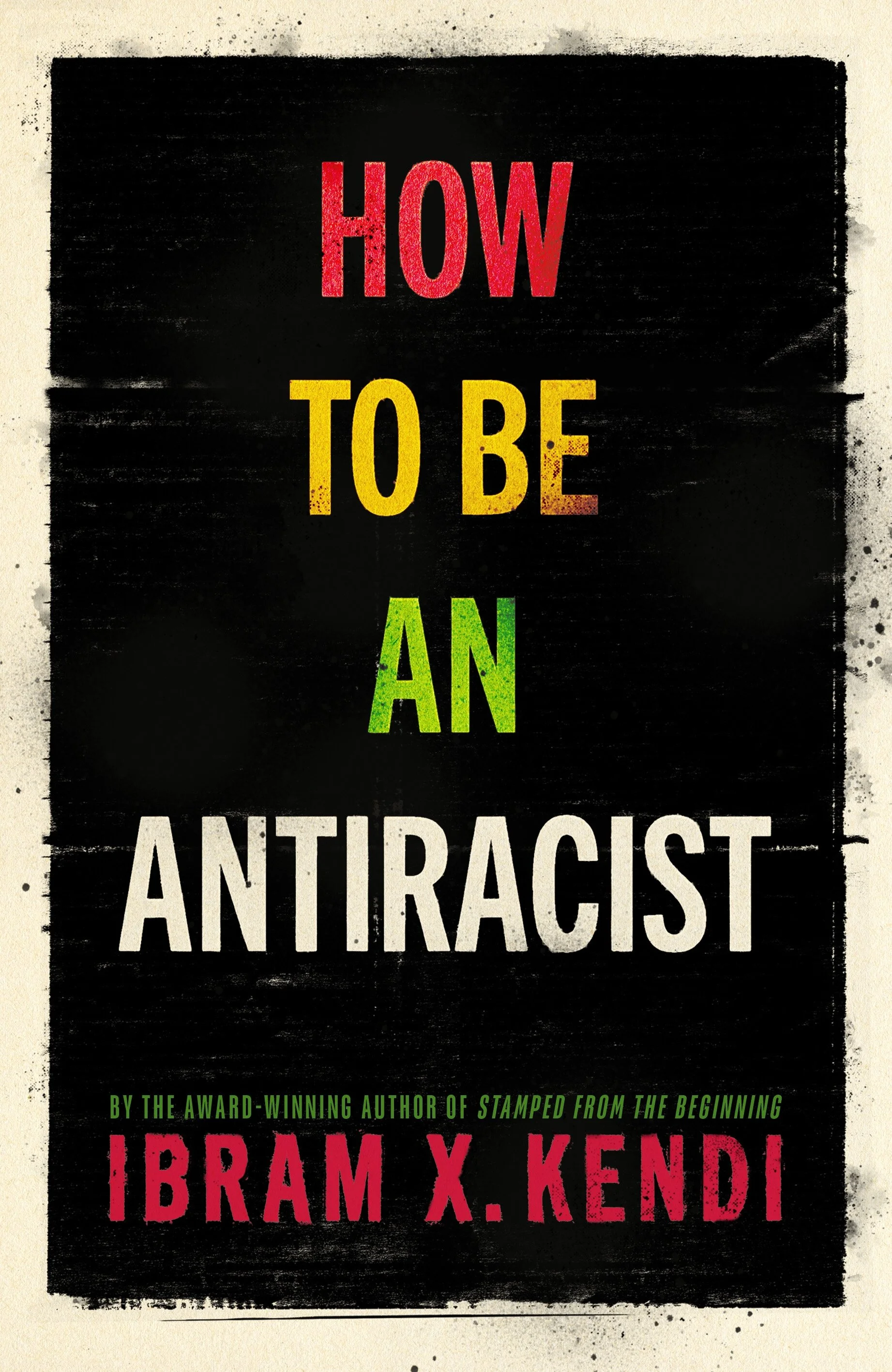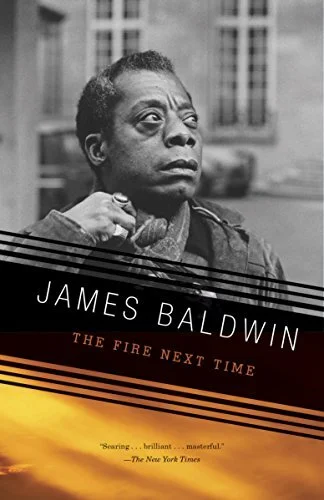Required Reading
In the midst of protests in several major cities in the United States (as well as some in other countries), there is still work to be done at home. For people who are not able to attend protests or financially support victims and protesters, it is essential to educate yourselves. Rather than relying on Black folks to tell us why Black lives matter, let’s take a step forward in compassion and do our own research. Here is a list of media that I’ve found helpful while trying to understand the current police state and its negative effects on Black communities.
Citizen: An American Lyric
by Claudia Rankine
Published only a few months after the bulk of the protests in Ferguson surrounding the murder of Michael Brown by police, Citizen details Rankine’s personal experiences with microaggressions, racism, and police brutality in the media.
This Nonviolent Stuff'll Get You Killed: How Guns Made the Civil Rights Movement Possible
by Charles E. Cobb Jr.
Cobb analyzes the complex relationship between nonviolent protesters such as Martin Luther King Jr. and the role of armed self-defense during the 1960s.
Your Silence Will Not Protect You
by Audre Lorde
A collection of essays and poems by Lorde compiled posthumously to celebrate her work as both a writer and a civil rights activist, this is also an important read to combat the dangers of white feminism.
Beloved
by Toni Morrison
Beloved is a critically acclaimed historical fiction novel written by one of the most talented voices of her generation. Morrison’s work in reconciling her writing with her politics leaves behind an invaluable number of books and essays.
The New Jim Crow: Mass Incarceration in the Age of Colorblindness
by Michelle Alexander
Alexander delves deep into the problem of mass incarceration and systemic racism in America by drawing parallels to Jim Crow laws. She discusses CIA involvement in the “War on Drugs” and their negative impact on the current state of urban development.
The Next American Revolution: Sustainable Activism for the Twenty-First Century
by Grace Lee Boggs with Scott Kurashige
Boggs was a committed activist in Detroit who stressed the importance of intersection between race, politics, and sustainability. Her work is also detailed in her autobiography, Living For Change.
Talking Back: Thinking Feminist, Thinking Black
by bell hooks
bell hooks deconstructs white supremacy in this book that blends academic criticism and personal vision. Her ongoing work continues to be essential to intersectional feminism today.
Are Prisons Obsolete?
by Angela Davis
Davis makes her case for the prison abolitionist movement in America by revealing the ethical questions posed by the treatment of prisoners and by calling for a societal transformation that rids us of the need for the existence of prisons.
How to be an Antiracist
by Ibram X. Kendi
Simply being not racist isn’t enough; in his novel, Kendi urges readers to take action to be actively anti-racist in this book that blends personal experience with studies of history and changing laws.
The Color of Law: A Forgotten History of How Our Government Segregated America
by Richard Rothstein
Rothstein uncovers intentional redlining in America’s cities that dates back to the 1920s in his expose on housing inequality and racial zoning that have predominantly and generationally affected Black people in urban areas.
The Fire Next Time by James Baldwin
The Fire This Time edited by Jesmyn Ward
The first book written in 1963 details faith, race, and activism during a time of segregation; the second book written over 50 years later reflects on Baldwin’s message and centers on Black experiences of the 2000s and early 2010s. Both are important readings that put into perspective the power dynamics that oppressed and continue to oppress Black people today.
Although public libraries are not open currently, many online archives still lend digital copies of books. Check out openlibrary.org, overdrive.com , and other websites to find these books and more. Educating ourselves on topics of social justice, uplifting Black voices instead of speaking over them, and taking the initiative to seek out the truth are ways that we can stand in solidarity with Black communities.






